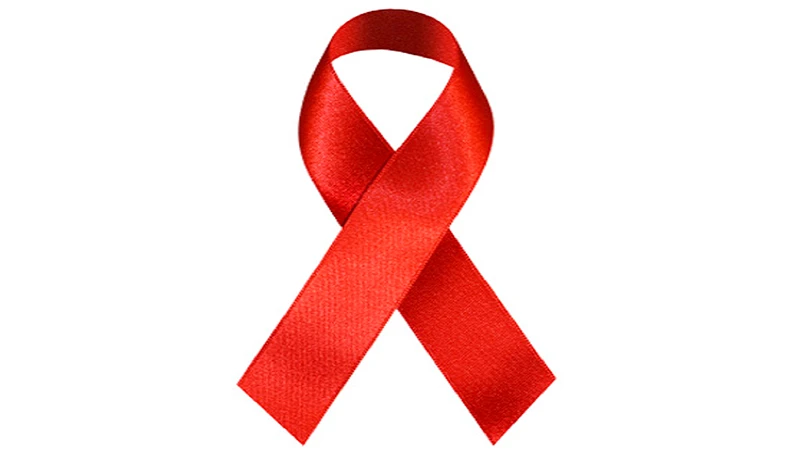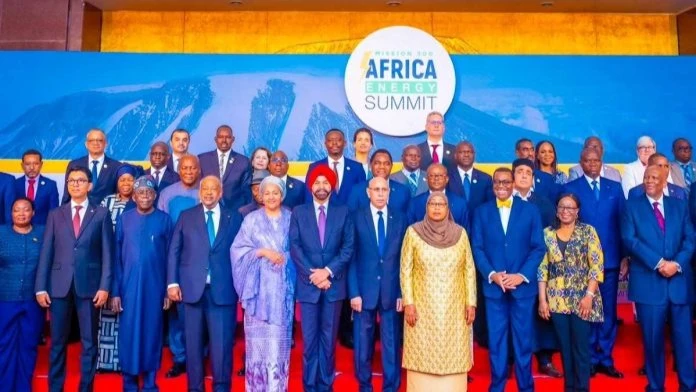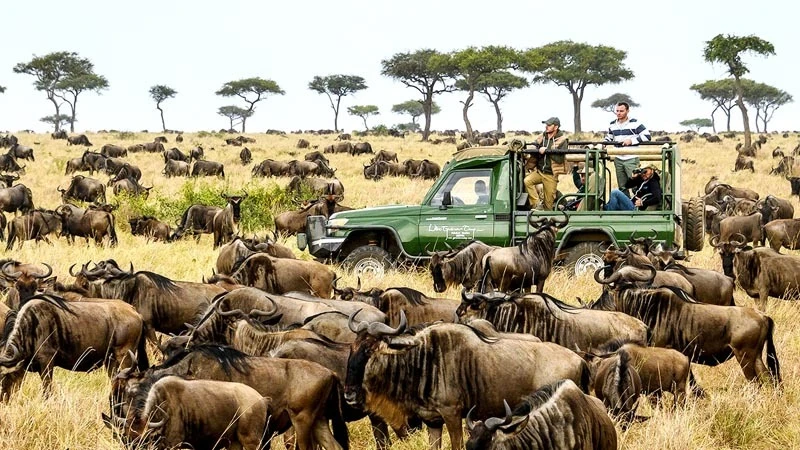Uhuru Torch race address painted grim picture of the youth, society

INAUGURATING this year’s Uhuru Torch race, Prime Minister Kassim Majaliwa had plenty to say on some issues that touch society closely, and in a way the remarks stood halfway between political leadership or mobilization and moral concern as such, as we often hear in religious anniversaries, His remarks pointed principally at the challenge of obesity on the one hand, and more soberly, that of cannabis use which has devastating variants being ‘marketed’ by criminals making a fast buck on the lives of youths. It is a sad, creeping legacy.
The challenge of obesity or excess weight generally is disturbing enough for the premier to describe it as a national disaster, given the datum that 42 percent of women at reproductive age are discovered to be facing iron deficiency anemia when visiting clinics, a dangerous situation for mother and child health, clearly. At an older level and often not so old as yet, obesity fuels vast increases in the frequency of non-communicable diseases. Treating such diseases has been a pain in the neck for families and not just those of poor people, and the national health insurer is trying to spread the costs around while absorbing more patients.
Equally disturbing were remarks on the widespread use of a new variety of high-potency cannabis (skunk) that is often mixed in cigarettes, posing an especially acute threat for young people aged 13 to 24. It appears that this group is easier to impress on getting excited with any fancy product, like shisha, vaping or at present mixing drugs with consumables like biscuits, or cigarettes which already had their own quotient of poisonous compounds. The premier cited the fact that the high-strength cannabis ignites early onset of psychosis, involving experience of delusions as a symptom of mental health challenges. That means near senility.
What was especially distressing was the reaffirmation that so many regions are producing and increasingly using cannabis, despite that they ruin themselves and harm the nation as well. Cannabis farming is increasingly noticed in Mara, Morogoro, Arusha, Coast, Kagera and Mwanza regions, and admittedly there are other areas left out, for instance the border areas to the north east has often been discovered to harbor such farms. Surprisingly, sentiment in the legislature about cannabis farming isn’t unanimous as some MPs go as far as suggesting that the crop be unbanned, taking it as in many countries as a ‘recreation’ produce.
That is an indication that we have some distance to go before any measures are actually effective as there is plenty of tolerance for cannabis, khat etc in our midst. Further, the listless living environment of many youths push them to join any sort of company where some coins are thrown around, and are soon hooked to dangerous habits. Whether at 25 they abandon such habits is a different issue.
As if those malaises were not sufficient for the attention of top leadership- - and whatever light the torch can still bear on such issues by collective reminders an conscience – we are reminded that stunting among under-five children had now reached disturbing levels, A dozen regions show stunting levels above average for the country as a whole, most western zone regions, the ‘food basket’ regions and the mining region of Manyara. This categorization is not scientific but it can help to figure out what factors are at play, therefore designing a course of action.
Top Headlines
© 2025 IPPMEDIA.COM. ALL RIGHTS RESERVED

















